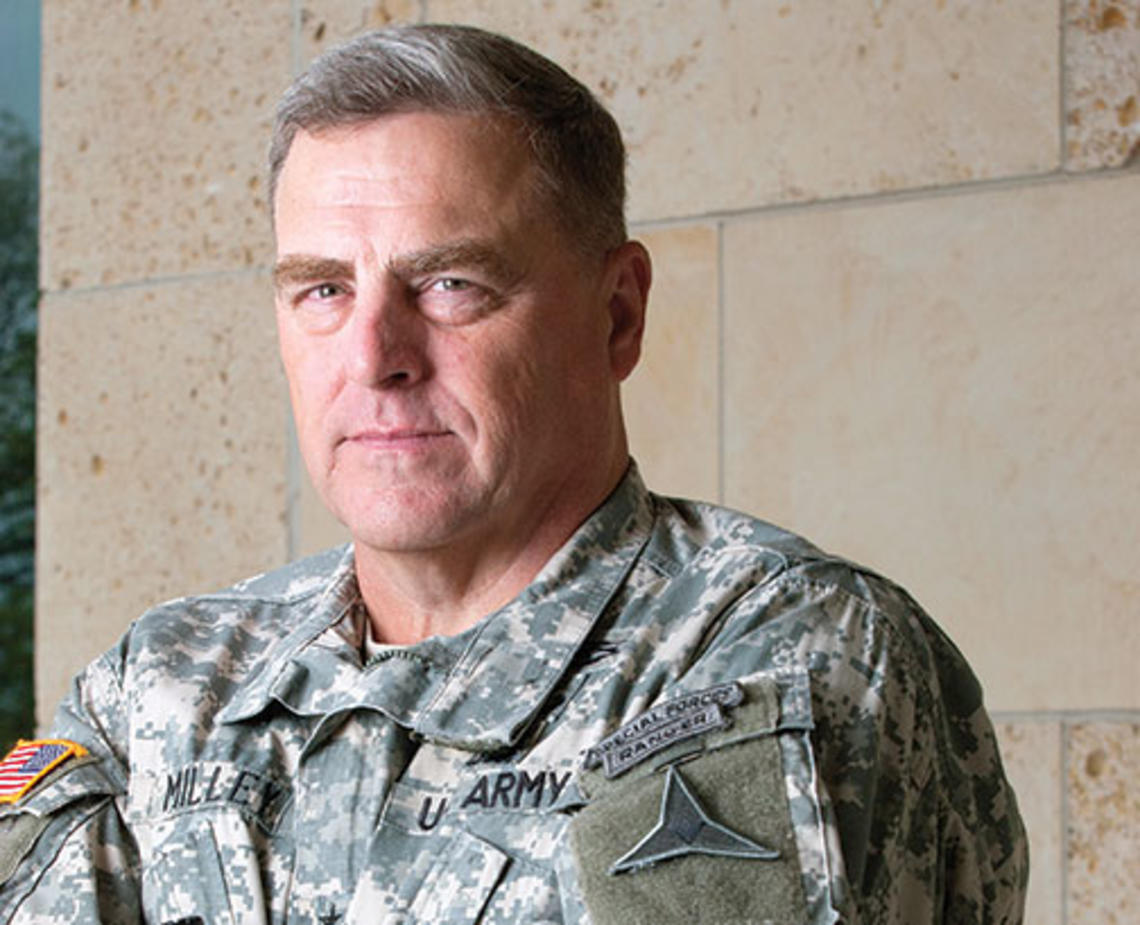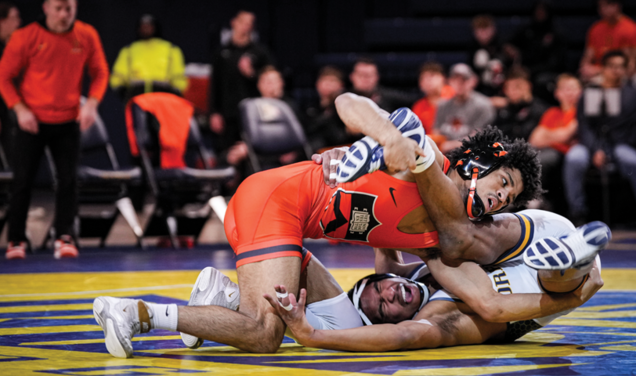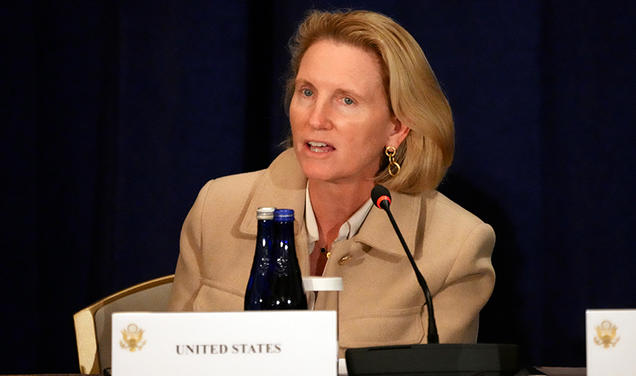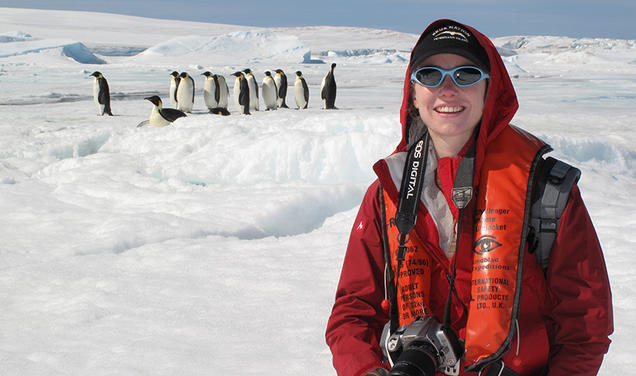
After 13 years of war, the bulk of U.S. forces will leave Afghanistan this year. From May 2013 to last February, Lt. Gen. Mark A. Milley ’80 was the second-highest general on the ground, overseeing daily operations for NATO. It was the third tour in Afghanistan for Milley, now commanding officer of the Army’s III Corps and Fort Hood. PAW spoke with him about his job and where Afghanistan stands today. (This conversation took place before the April 2 shootings at Fort Hood.)
Are the Afghans ready to go it alone?
The 2013 fighting season was the first where Afghan security forces were in the lead. In previous years, either [NATO forces] were doing it by ourselves, or the Afghans were working with us very closely. Last year their competence was very good, relative to their enemy’s. They were doing very well tactically, and they still are. But the question is: Can they sustain that on their own? And the answer is: No, not yet. The advisory effort is still required in order to solidify things like intelligence, mission command, logistics, something as simple as pay [or organizing] spare parts for vehicles.
What must the Afghans do?
To be successful, the Afghan security forces have to clearly demonstrate their ability to secure the people and to protect the regime from being overthrown. Can they do that? With a little bit of support and a little bit of help, absolutely, yes.
What is the state of the insurgency?
In 2013, we did not see a single large attack. Did that happen because the insurgents were trying to husband their resources for the 2014 fighting season? Or because they didn’t have the capability? I think it was the latter. A lot of their mid-level leaders and senior leaders have been killed over the years. Conducting operations involving 100–200 guys — that’s pretty sophisticated to plan, coordinate, synchronize, and execute.
What are they doing?
They employ terror. One bomb going off in Kabul that kills 10 or 15 people gets a lot of attention. Because of their lack of capability to take the Afghan security forces head on, they default to terrorist attacks. The Taliban are unpopular because they do some pretty vicious and violent things to innocent people. And if you’re an insurgent, and you don’t have political support among the people, then you are not going to achieve your strategic objective of seizing political power.
How does the war come to an end?
At a certain point, the government of Afghanistan and the various enemy groups are going to have to come to terms over the political space. I don’t know when that’s going to happen. That is how most insurgencies come to pass.
You only intended to serve four years in the Army, but you’ve been in for 33. Why did you stay?
I grew up in a house where my mother served in World War II with the Navy, and my father was in World War II with the Marines. So I wanted to serve my country, but I didn’t think I’d make a career of it. But then I really liked it. I got this sense of commitment and of being involved in something that had a sense of purpose. Then 9/11 comes, and at that point, I’ve got 20–21 years in. When that happened, I said I can’t retire: I had to stay until this thing is done.
On your last deployment, you had about 100,000 U.S. and NATO troops under your command. How do you shoulder the demands of being responsible for so many lives?
It’s incredibly high stress. You’re looking at four hours of sleep, maybe five on a good night. Usually it’s interrupted. I had 122 [U.S. and NATO soldiers] killed in action while I was over there, and several hundred more seriously wounded. That weighs on you heavily — every day, day in and day out — and it’s never far from your mind. But through training, through experience, through a strong sense of purpose and a strong sense of the moral rightness of your cause, you learn to deal with the stress. Interview conducted and condensed by E.B. Boyd ’89










0 Responses